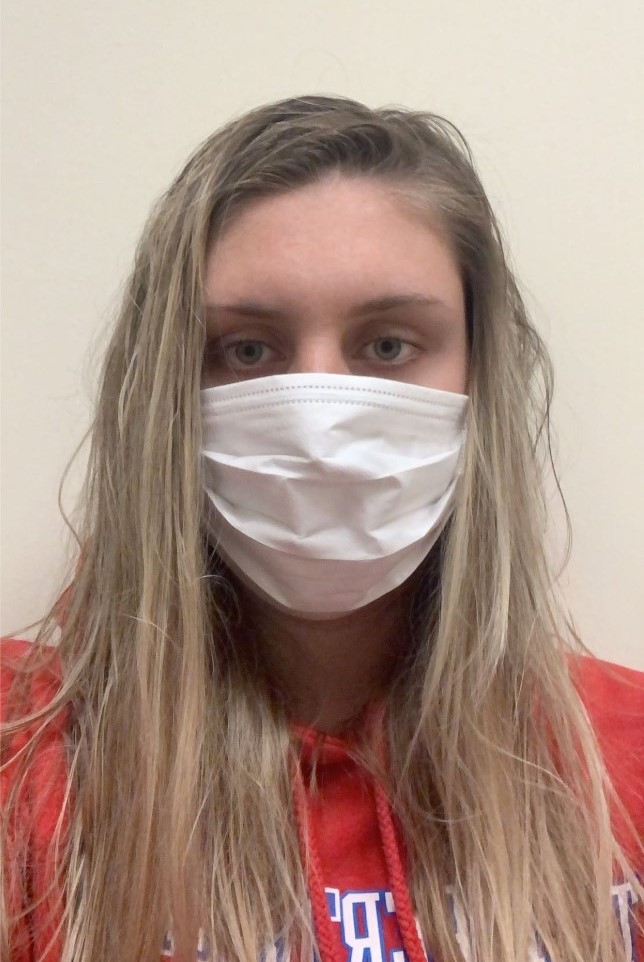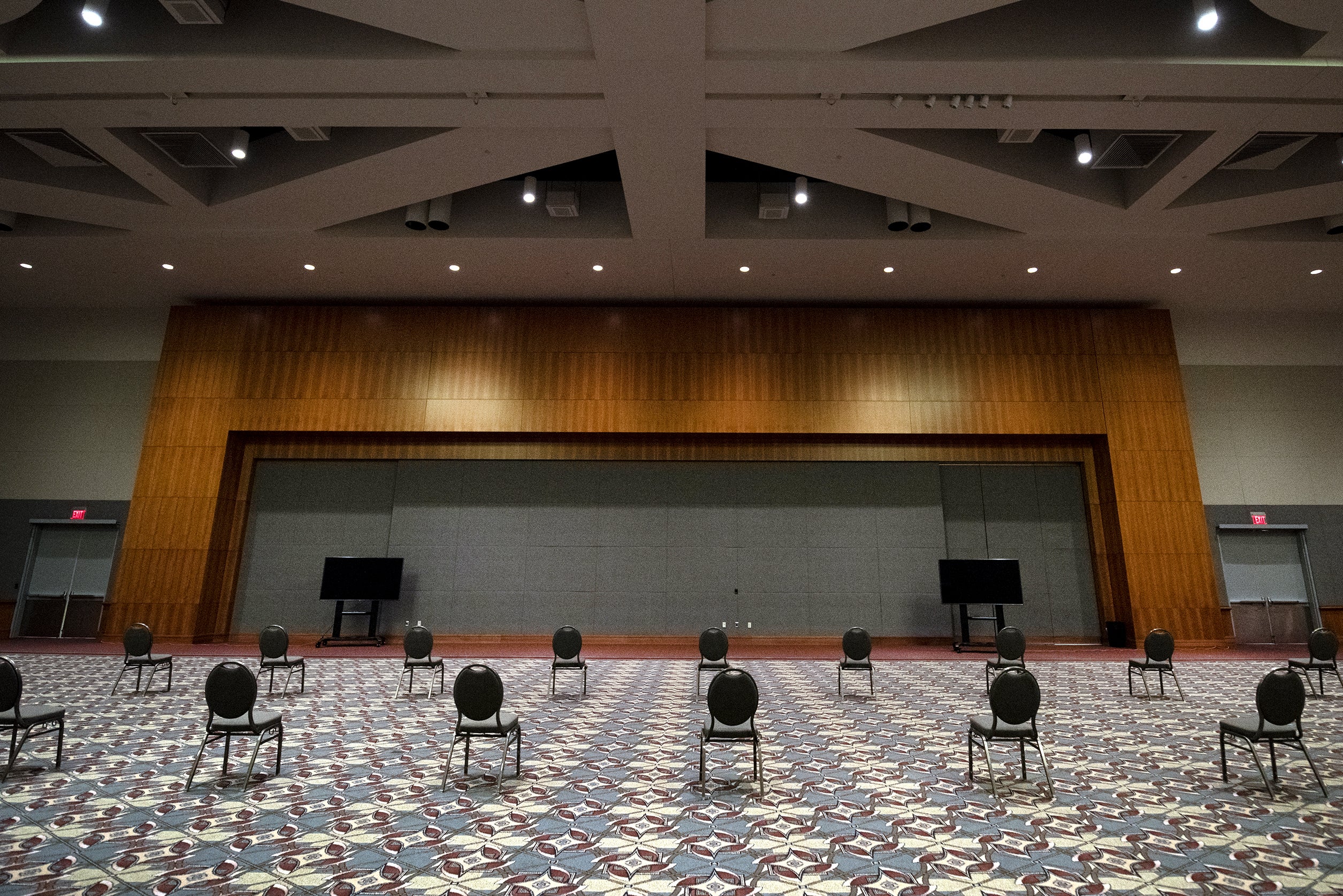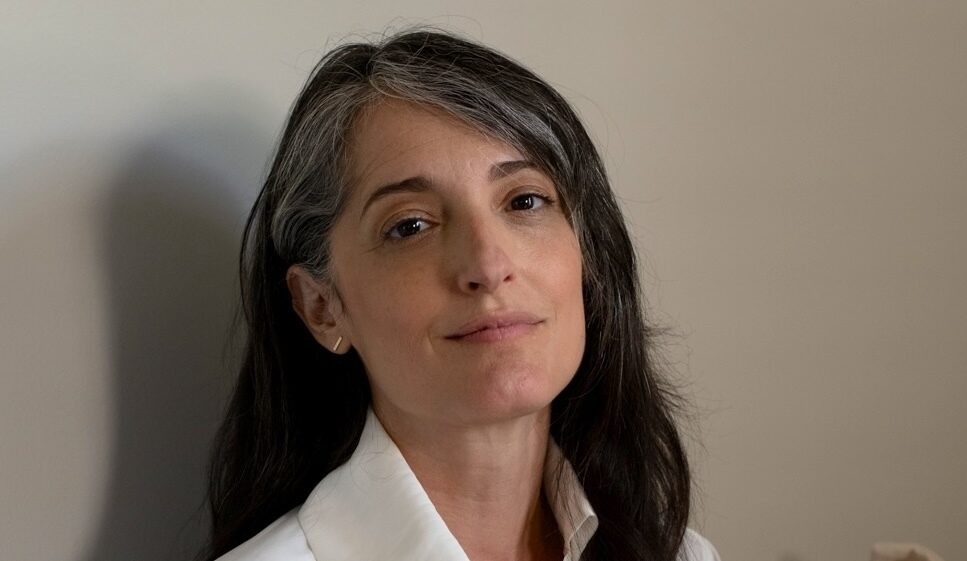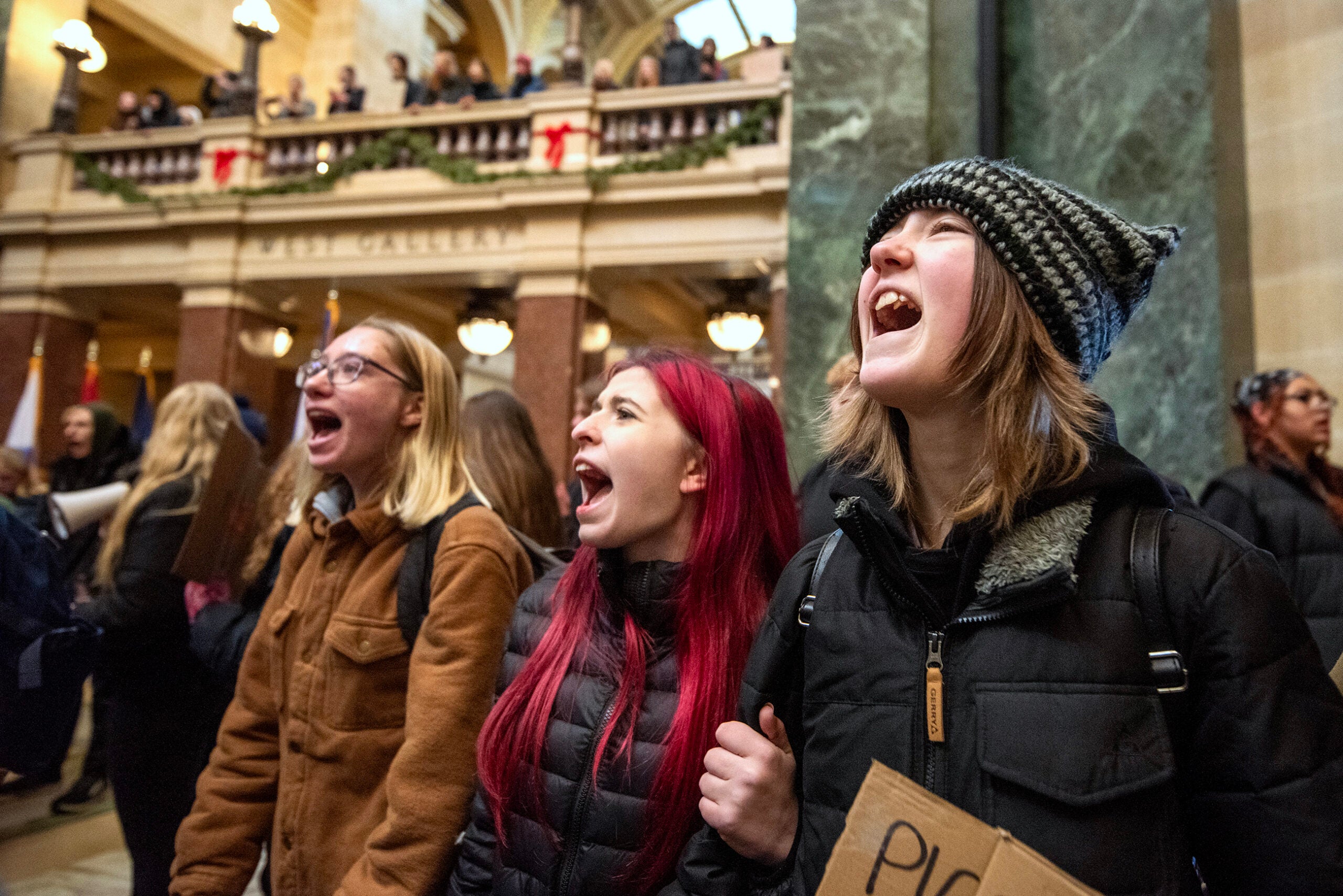Amy Shircel says she had luck on her side.
Less than a month ago, the healthy, 22-year-old senior at the University of Wisconsin-Madison, had a fever so high she was delirious and felt too weak to walk after contracting COVID-19 while on a spring break trip to Portugal in early March.
“I was sleeping all the time,” she said. “I was either shivering under my blankets all day or sweating so much I had to sleep on towels. I would shift positions in bed and have to catch my breath.”
Stay informed on the latest news
Sign up for WPR’s email newsletter.
Shircel had a message for people when she got sick: Stay home.
“Young people can get sick,” she said. “I wanted to not sugar coat anything and tell how the virus affected me in the worst way.”
Shircel documented her experience in a series of tweets with the intention of squashing the myth that young, healthy people are safe from the worst of COVID-19.
Her story went viral, with nearly 114,000 retweets and 293,000 likes.
I’m 22 and I tested positive for COVID-19. Take it from me – you do NOT want to catch this
Hopefully hearing about my experience will help the rest of you to stay home (for real)
— Amy (@AmyShircel) March 28, 2020
For 12 days, Shircel was alone in her apartment in Madison fighting the infection. Her mom was immunocompromised after having a heart attack in November — she wanted to stay away from home.
COVID-19 is an unpredictable disease and given Shircel’s symptoms, her primary care physician encouraged her to go to the ER. Because she was alone, she had to take an ambulance to get there.
“The whole experience was really dehumanizing,” she said. “Everyone acts like you have the plague because you basically do … it’s no one’s intention to make you feel that way, but it’s hard.”
After 12 days of being alone, Shircel said she was so sick she reached the point that she was begging her parents to come from Kenosha and get her. With someone looking after her, she said she immediately started to get better.

“I’m really thankful for my parents, for making the sacrifice and coming to get me after being alone for so long,” she said.
Now nearly two weeks recovered, Shircel has had time to reflect on what it was like to go viral.
There were many positive comments of support, but also many negative comments — from both strangers and friends.
“Recently … (the messages) started to be people I know, my friends, which it’s harder to ignore those comments,” she said. “I got death threats. I was called some of the most horrible names. I was told I was too fat and that’s why I got sick.”
At the peak, Shircel said she was receiving 100 messages an hour. She deleted most of them, but the negative ones began to take a toll.
But Shircel stuck with her message advocating for people to stay at home and understand that being young doesn’t make you invincible from the virus.
In the end, putting her story out there was worth it, she said.
“I’m lucky to have my friends and family … and I think I was successful getting the word out, I got so many responses all over the world thanking me,” Shircel said.
Today, Shircel is waiting to see if she can donate plasma to medical researchers in Madison and Milwaukee looking to use plasma rich in antibodies from recovered COVID-19 patients to treat new coronavirus patients.
Wisconsin Public Radio, © Copyright 2025, Board of Regents of the University of Wisconsin System and Wisconsin Educational Communications Board.





